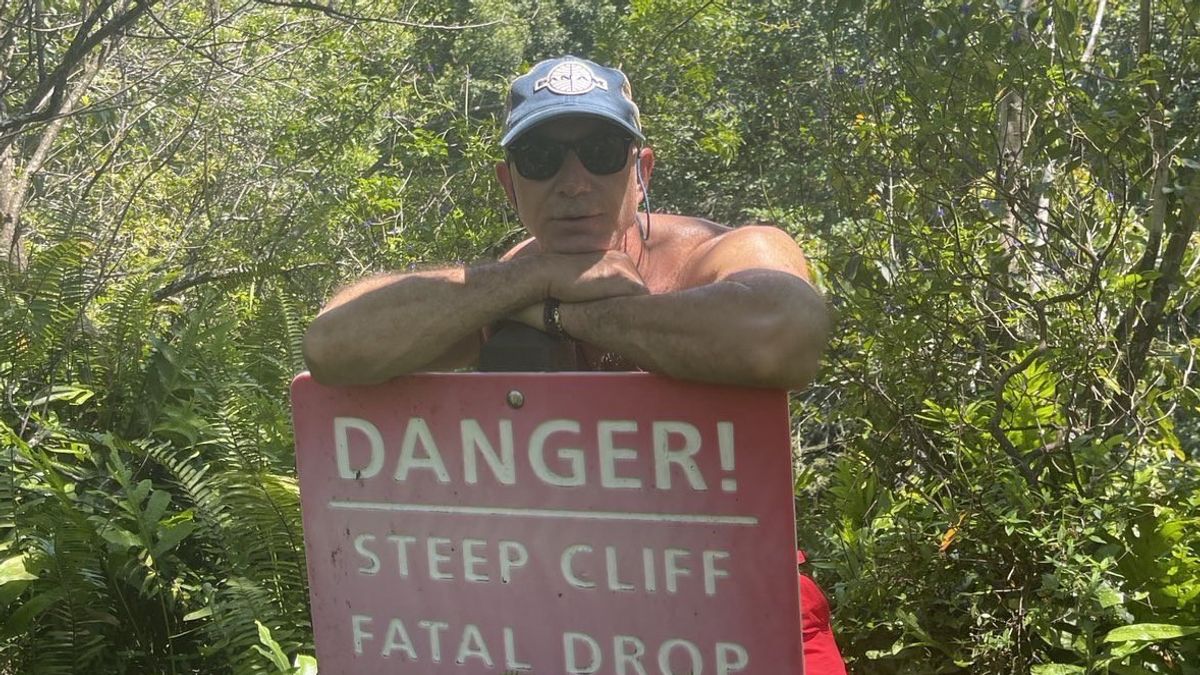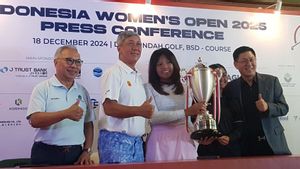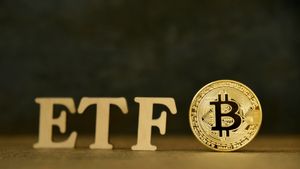JAKARTA - In the future, outer space will be the home for mankind and people will visit Earth for vacations. This controversial statement comes from the billionaire owner of Blue Origin, Jeff Bezos.
The founders of Blue Origin said on Wednesday, November 10 that in the next century, people will be born in outer space and live in giant floating cylinders that can accommodate up to a million people and recreate Earth's gravity and environment, with 'rivers, forests, and wildlife' and the usual Terran weather.
Bezos made this controversial prediction during a discussion on US space policy that also featured NASA Administrator Bill Nelson and Director of National Intelligence Avril Haines.
"Over the centuries, many people will be born in outer space, it will be their first home," Bezos said. "They're going to be born in these colonies, live in these colonies, and then they're going to visit Earth like you would, you know, Yellowstone National Park."
The discussion was held at Washington Cathedral as part of the 2021 Ignatius Forum in Washington DC, hosted by Adi Ignatius, editor-in-chief of the Harvard Business Review.
Bezos has talked about his idea for this extraterrestrial habitat, called the 'O'Neill colony,' before.
In a Blue Origin 2019 presentation, the world's second-richest people described them building three-mile-long cylinders that had 'high-speed transportation' and 'farm areas', with some designed for recreation, Business Insider reported at the time.
Some areas will have zero gravity allowing residents to fly recreationally, others may emulate Earth's metropolises.
“This is Maui on its best day of the year,” Bezos said of the colony in 2019, according to The Guardian. "There's no rain. No earthquakes. People will want to live here.”
SEE ALSO:
At a discussion last Wednesday, Bezos said even the name of his company, Blue Origin, is an agreement on the idea that Earth is the origin of mankind, but not its final destiny.
He named the colony after physicist Gerard O'Neill, who theorized that another planet might not be the best place to host humans beyond Earth. Speaking at the discussion last Wednesday, Bezos said he agreed with O'Neill's suggestion.
"Even if you want to change the shape of Mars or do something really dramatic like that — which can be very, very challenging, by the way — even if you do, it's Earth doubling," Bezos said. "Then you go from 10 billion people to 20 billion people."
This idea is like sarcasm Elon Musk, the owner of SpaceX who has always dreamed of building a human colony on Mars.
Bezos went on to say his trip to space this past July was even more transformational than he had previously imagined.
“The magnitude of the experience was far greater than I ever anticipated,” he told the audience.
The English, Chinese, Japanese, Arabic, and French versions are automatically generated by the AI. So there may still be inaccuracies in translating, please always see Indonesian as our main language. (system supported by DigitalSiber.id)


















